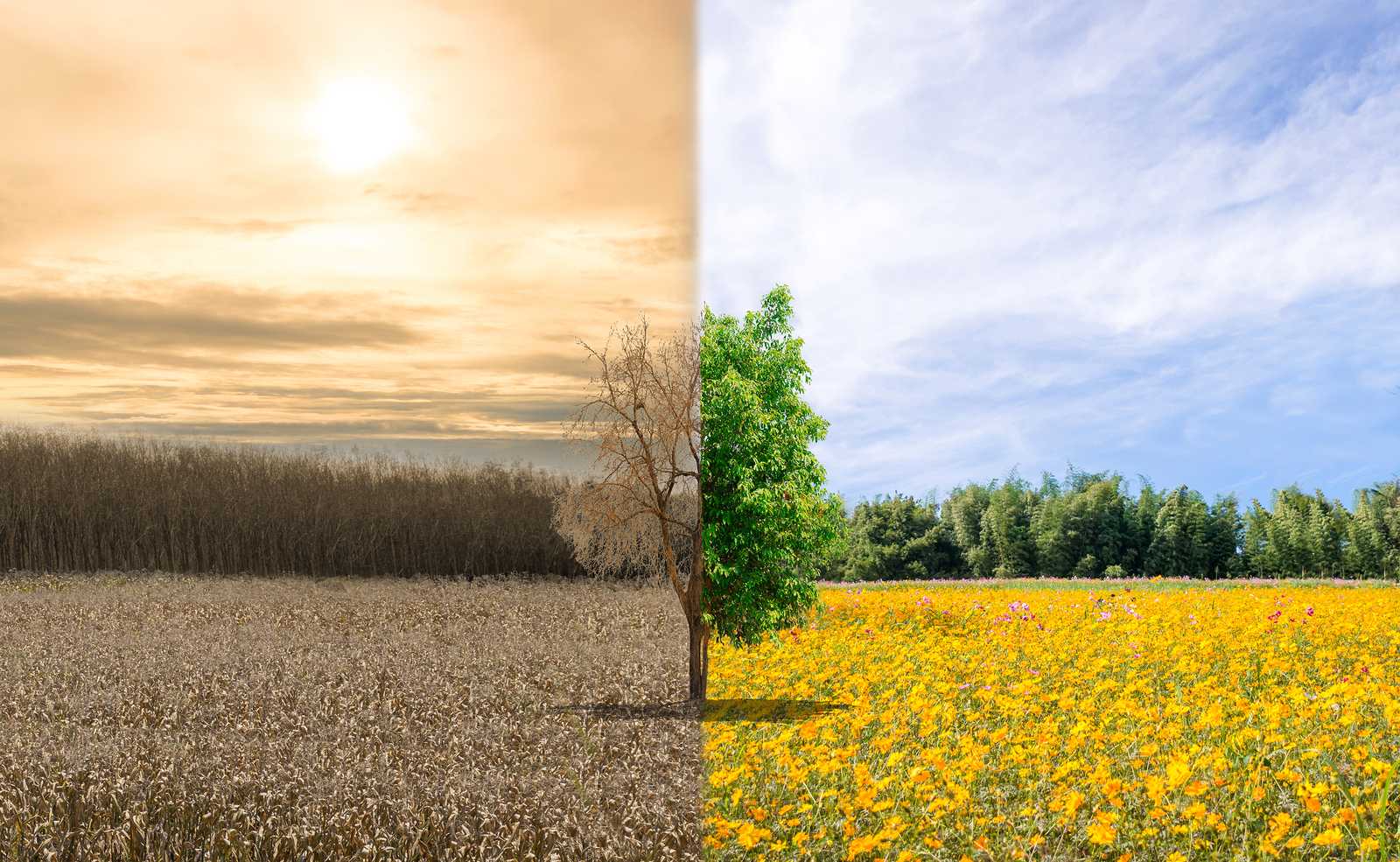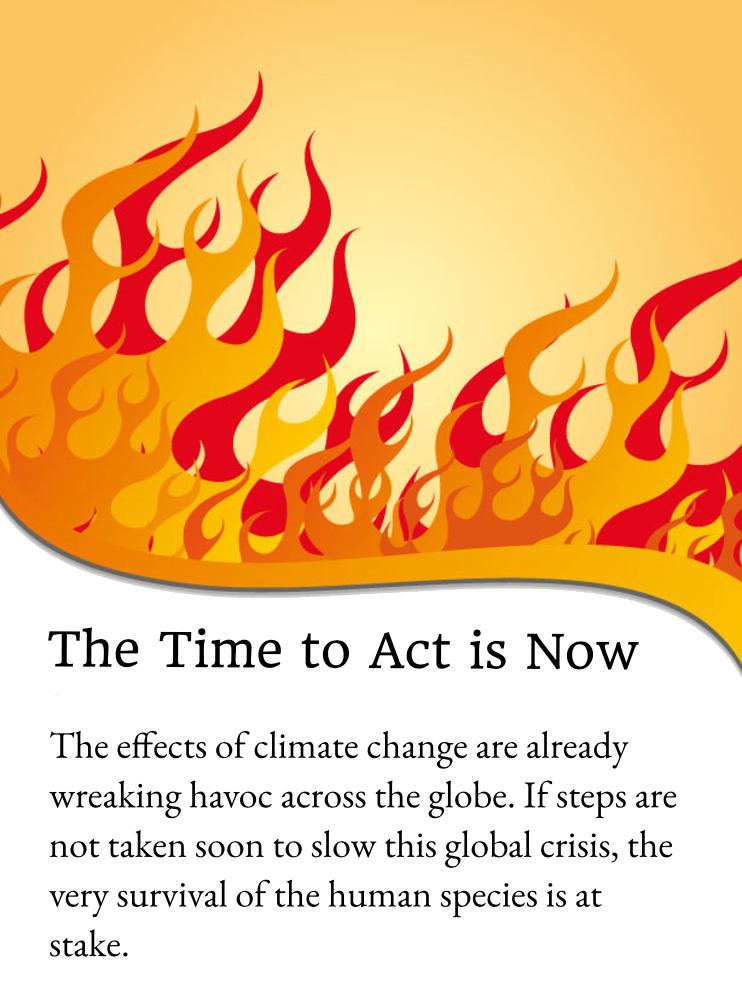
A recent scientific report issued by the federal government warned that if measures are not taken to curtail global warming, environmental damage will destroy 10 percent of the American economy by the year 2100.
With natural disasters like wildfires, floods, droughts, and hurricanes destroying infrastructure and natural resources, economic decline is inevitable.
The report also predicted that global temperatures will rise 7 degrees Fahrenheit by the end of the century, with carbon emissions nearly doubling.
This alarming study blatantly contradicts President Trump’s belief that environmental deregulation will boost economic growth and outweigh the extensive costs of climate change.
In an interview for 60 Minutes, Trump insisted that the climate would “change back again,” and questioned whether the problem was man-made. He also expressed concern that environmental regulations would cost America “trillions and trillions of dollars” and “millions and millions of jobs.”
Positive change is attainable. I have confidence that together we can save our planet and enter a new era of sustainability and progress.
In addition to pulling out of the Paris Climate agreement, National Geographic reports that the Trump administration has cut back on coal regulations, dissolved the air pollution review panel, weakened fuel economy rules, decreased funding for environmental research, and even removed several mentions of climate change on government websites.
In 2017, The Environmental Data and Governance Initiative published a study that showed Trump had removed all references to climate change from the “Energy and Environment” page of the new White House website.
And it’s not just our economy that’s at stake.
Water, the most basic human necessity, is becoming more and more scarce. Water shortages are occurring more often due to the increase in global population coupled with severe weather, pollution, excessive manufacturing, and the over-extraction of groundwater.
Experts are already warning that Cape Town will be the first to run out of drinking water. This “Day Zero” is expected to occur in 2019, and South Africa’s government is scrambling to find a solution to the unavoidable crisis.
This isn’t just a Cape Town problem. BBC News reports that São Paulo, Bangalore, Beijing, Cairo, Jakarta, Moscow, Istanbul, Mexico City, London, Tokyo, and Miami all face the impending catastrophe of a water shortage, with climate change partly to blame.
Public health is also an issue. The combination of industrial air pollution and raging wildfires exacerbated by drought and heat waves has led to unhealthy air quality in many regions of the world.
The American Lung Association’s “State of the Air 2018” report found that 41% of Americans live in counties with consistently unhealthy levels of ozone or particle pollution.
The Association also warned of the correlation between worsening air quality caused by global warming and greater instances of premature death, asthma, and lung cancer.
During the major Camp Fire in Northern California, the air quality index in San Francisco reached a staggering 357 on the 500 point scale, causing a public health emergency.
Another serious consequence of climate change is sea level rise. Due to the melting of glaciers and warming surface waters, NASA reports that the ocean is rising by three millimeters every year and the Climate Institute predicts that sea levels will rise two meters by 2100.
Coastal populations are already at risk. Within the next few centuries, 470-760 million coastal residents, many of which live in cities like Boston and New York, will be forced to adapt to extreme flooding or relocate.
An interactive map created by Sea Change Boston shows the flood risk in Boston over the next century.
Severe hurricanes are also expected to worsen the risk of flooding. According to the National Oceanic and Atmospheric Administration (NOAA) hurricanes are expected to grow 2-11% stronger in the next 100 years. Just last year, there were 17 named storms, 10 hurricanes, and 6 major hurricanes that devastated the Southeast.

The evidence is indisputable. Our climate is changing at a disastrous rate and we can be proactive about it or face the consequences.
The effects of climate change are already wreaking havoc across the globe. If steps are not taken soon to slow this global crisis, the very survival of the human species is at stake.
President Trump has taken a stance of ignorance on the issue, choosing to disregard all scientific evidence and allowing our planet to fall further into disrepair.
But this isn’t Trump’s problem to solve. Those growing up in the 21st century will be forced to rectify the problems brought about by centuries of environmental indifference.
Positive change is attainable. I have confidence that together we can save our planet and enter a new era of sustainability and progress.





















































